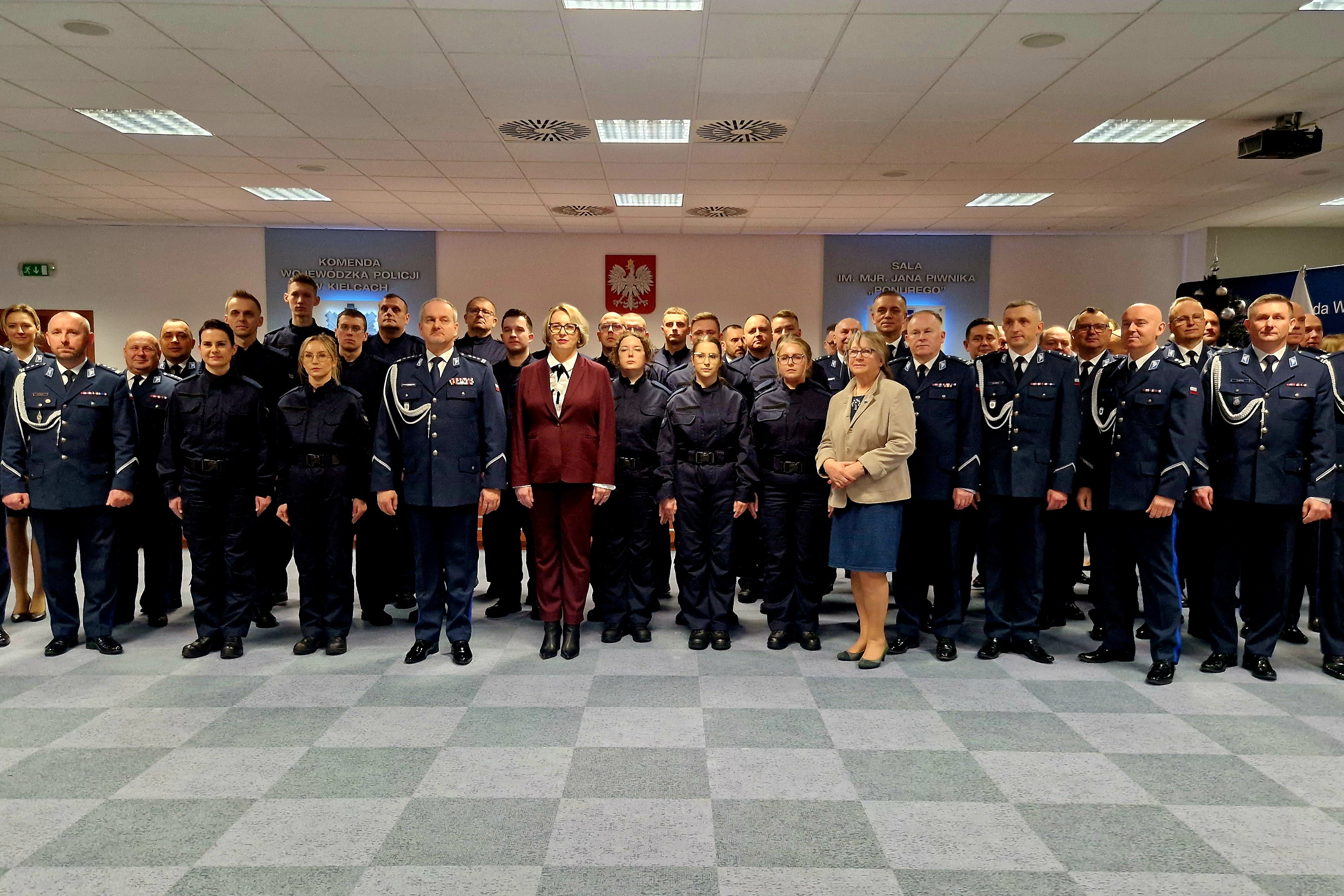The first president of the ultimate Court, Małgorzata Manowska, called on all political groups to engage in dialog to resolve the crisis in the judiciary. She besides declared support for the initiative of president Karol Nawrocki to appoint the president of the Council for the Repair of the State System.
According to the SN Communication, the Council could become the place of expert debate over political divisions. Manowska sent letters on this substance to president Nawrocki, talker of the Sejm of Szymon Holownia, talker of the legislature of Małgorzata Kidawa-Błońska, Prime Minister Donald Tusk, and Presidents of all the clubs and parliamentary circles.
Specific problems to be addressed
The president of the ultimate Court pointed to the request for a compromise on the issues relating to the functioning of the judiciary. This concerns the constitutional form of the National Judicial Council, doubts about the judicial vocations - from those at the request of the Council of State to those made at the request of the National Court of Justice, as well as the situation around the Constitutional Court.
Manowska pointed out that the prolonged crisis could be rapidly resolved in any areas, depending on the goodwill of all political forces. It is mainly about the cast of vacant judges in the Constitutional Court and the upcoming elections to the KRS.
Criticism of deficiency of dialogue
"So far, only legal chaos, exacerbated by deficiency of openness to dialog from any political groups, including the Minister of Justice, is exacerbated. The judicial authority is not able to resolve the crisis on its own, and the task of implementing non-resourced judgments of the European Court of Human Rights and the Court of Justice of the European Union lies with political authority: legislative and executive" - reads the SN Communication.
The Communication besides stresses that, according to Manowska, it is not actual that, in the light of the case law of the ECHR and the TEU, judges appointed after 2018 do not have the position of judge. The president of the SN pointed out that it was possible to make a rational and compromise systemic solution that would take account of the guidelines of global courts without prejudice to the position of justice and would defend legal sovereignty in the organisation of the judiciary.
Manowska's earlier position
The intention of sending open letters in the case of KRS Manowska was already informed in the second half of July in an interview with the Money.pl portal. In this interview, she assessed that judges of the KRS could be elected by parliament, but this choice should be preceded by general elections among the judges themselves.
"The problem is not that the parliament that has a democratic mandate decides, the problem is who submits these candidates. The signature of 10 or more judges that we support - but this is simply a small besides tiny representation" - she said.
The KRS dispute relates to the amendment of December 2017, according to which as of 2018 15 NRS judges are elected by the Sejm, although they were previously elected by the judiciary. The amendment became the reason for allegations of politicising the KRS and questioning the position of persons appointed to the office of justice with the participation of specified a shaped Council.
The flaws in the selection procedure involving the current KRS have highlighted the rulings of the European Courts - the EU Courts and the ECHR in fresh years. Supporters of the 2017 changes, mainly linked to the policies of the Law and Justice, argue that the current solutions prevent alleged justice, which means greater influence of citizens on the justice strategy through their representatives in the Sejm.
Sources used: "PAP" Note: This article has been edited with the aid of Artificial Intelligence.

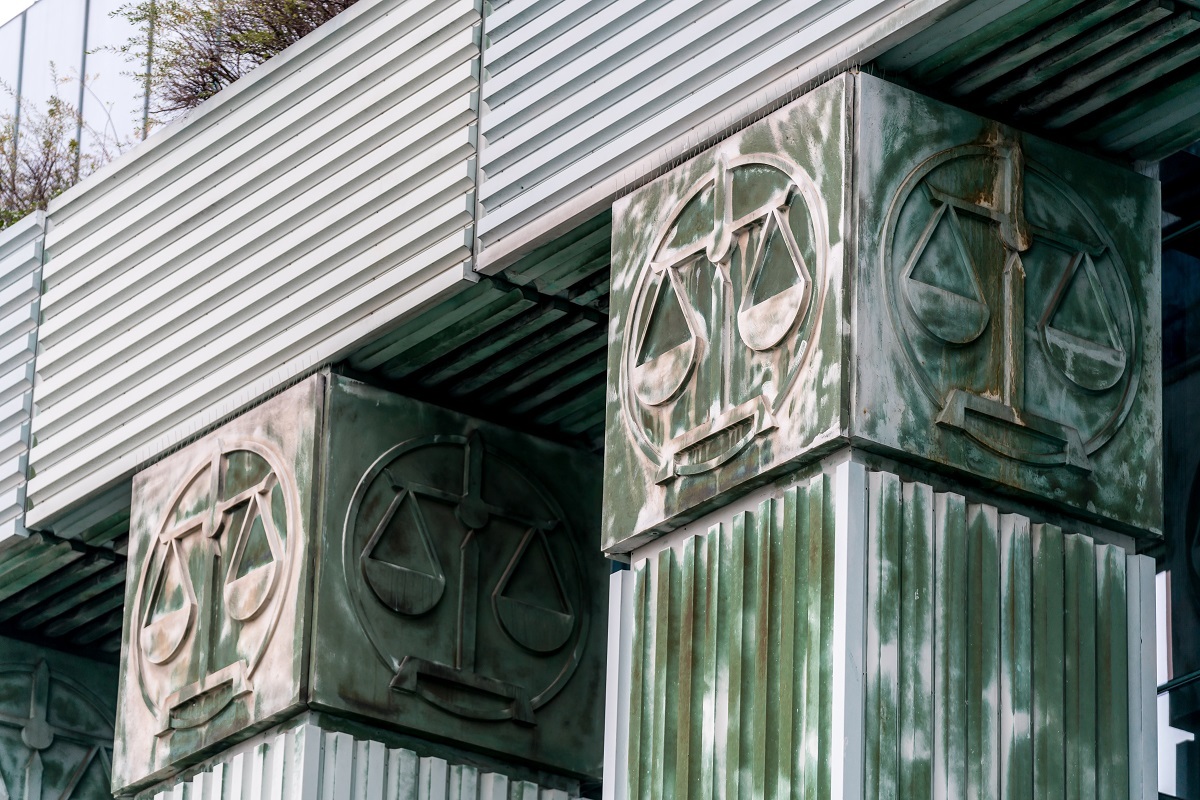
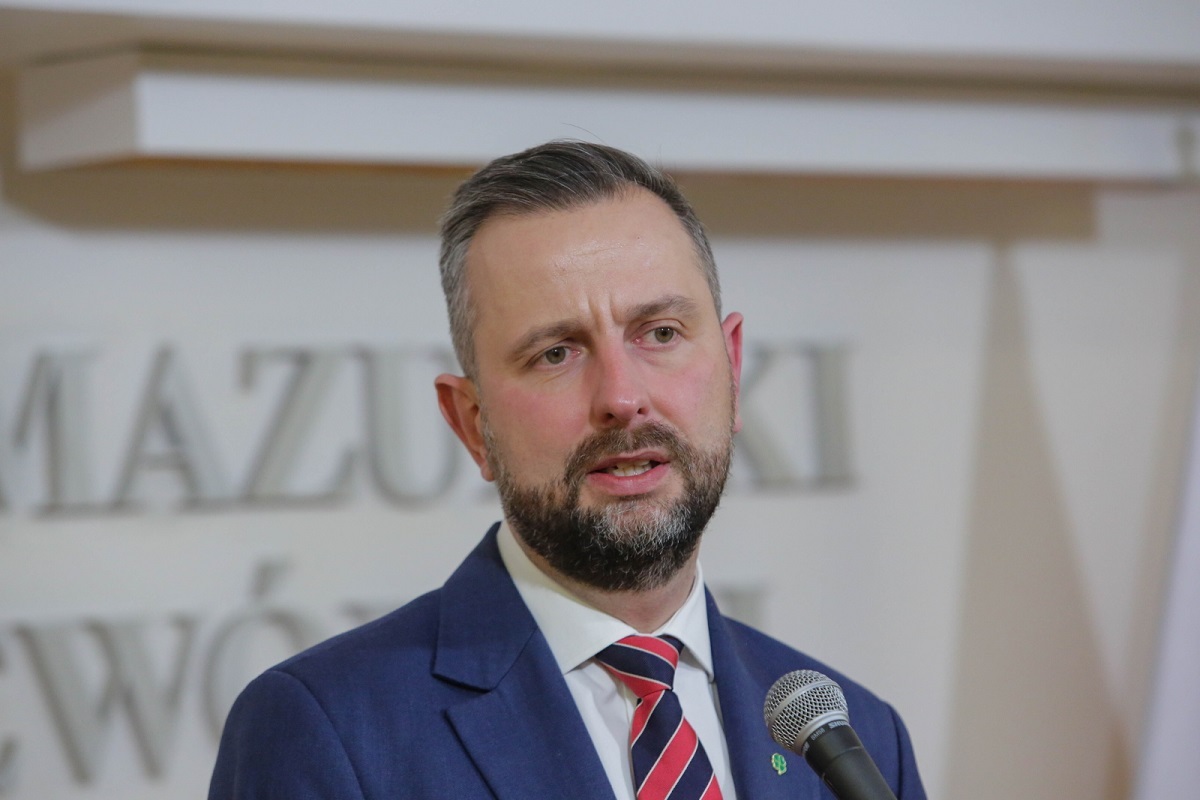
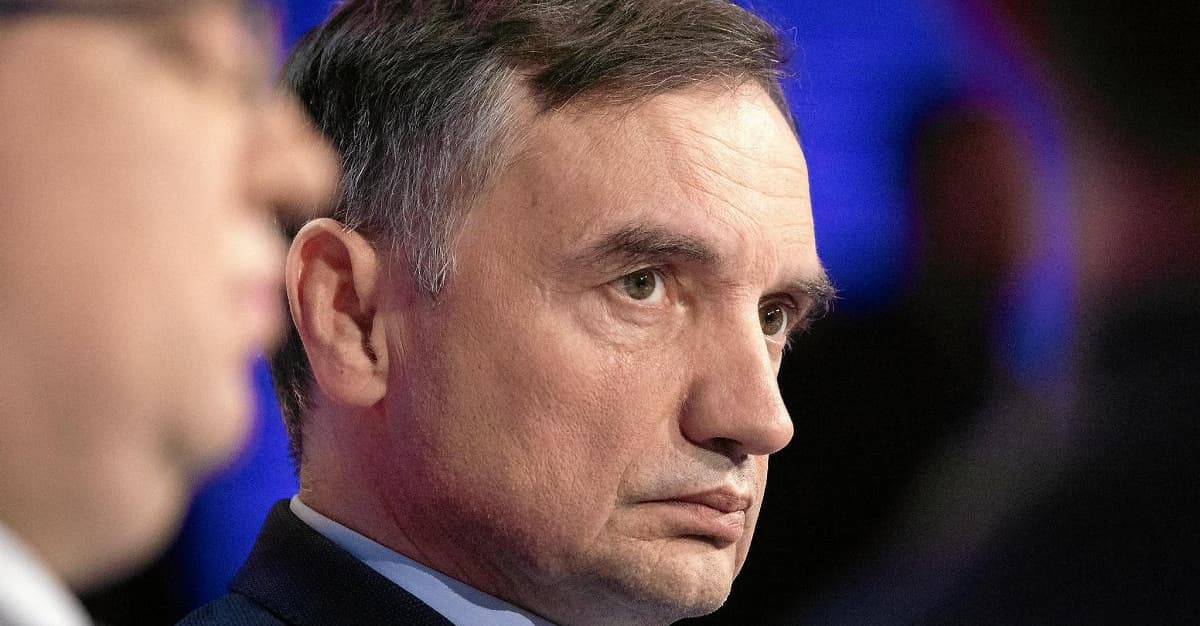
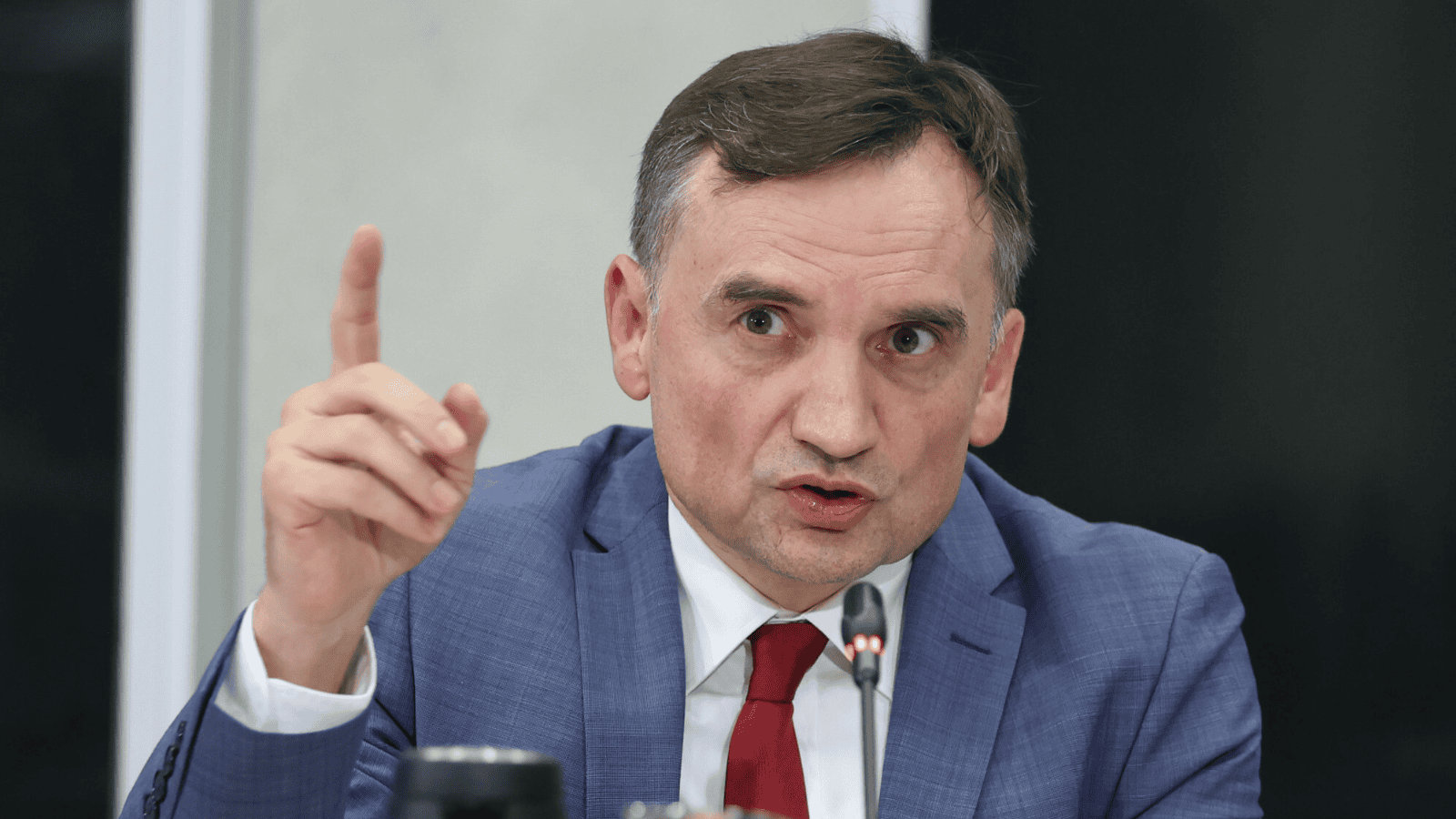

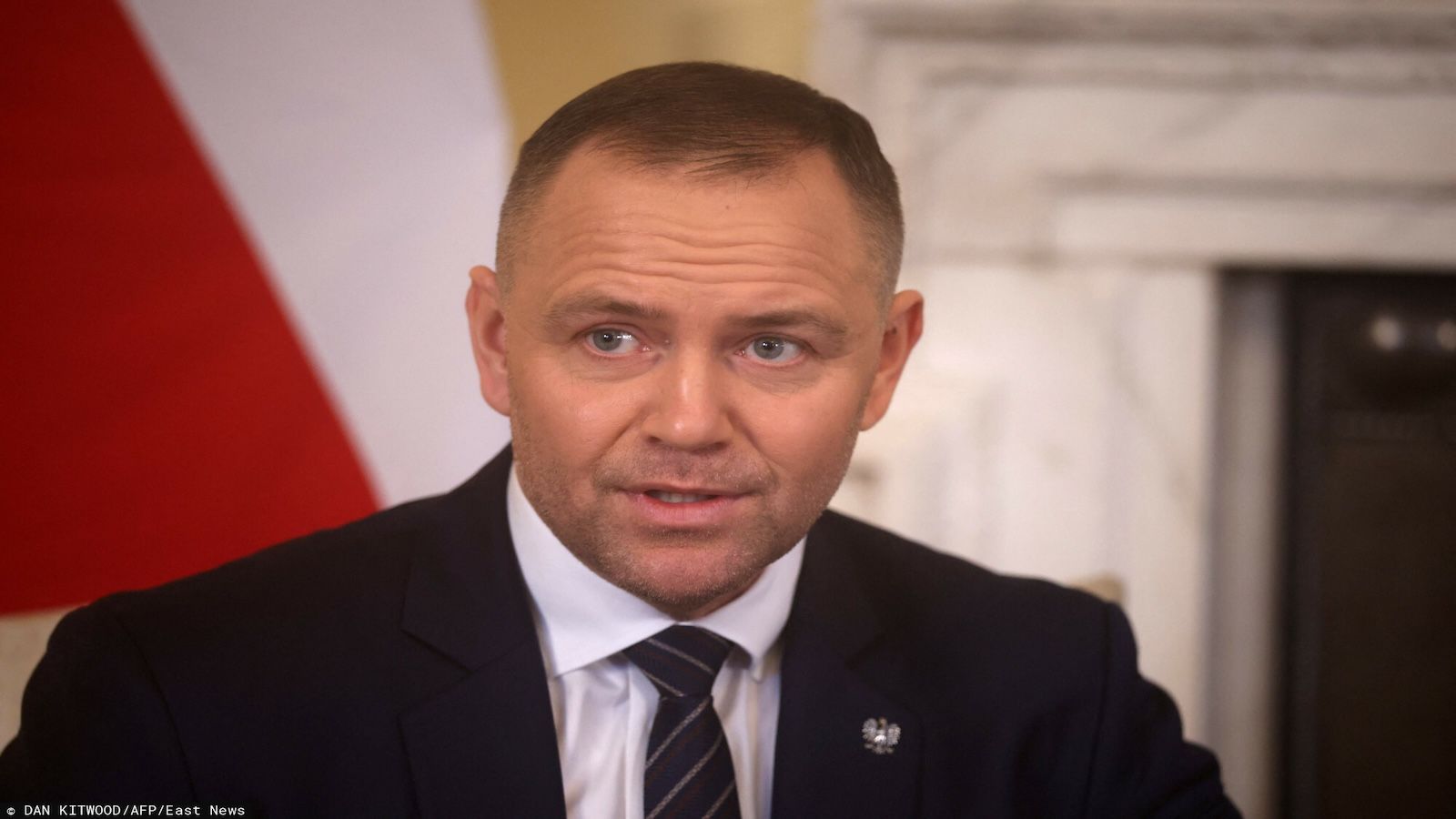



![Co stanęło przed Unity Centre? Czerwony stworek zaskakuje przechodniów [ZDJĘCIA]](https://cowkrakowie.pl/wp-content/uploads/2026/01/PotworPrzedUnityCentre2.jpg)

